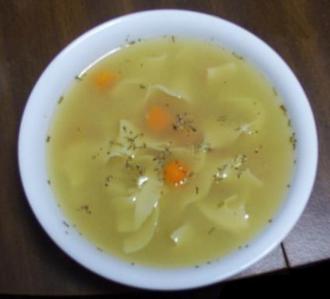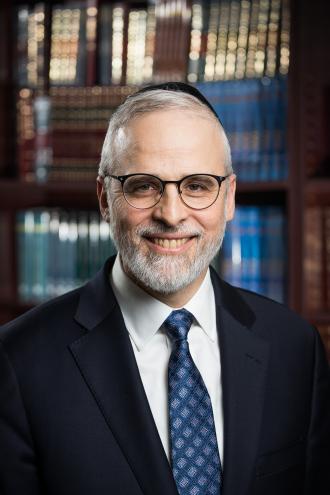"Sometimes dreams come true," goes the song, and if you ask judoka Yarden Gerbi, she will say it did.
The Rio Olympics are the first for the 27-year-old Gerbi. Before London 2012, she lost her Olympic ticket to Alice Schlesinger, which began a saga that led to Schlesinger's falling out with the Israel Judo Association (IJA) and going on to represent Great Britain.
"A few days before the competition in Rio, I dreamt for the first time that I would take a medal," Gerbi said, just moments after she thrilled the nation on Aug. 9 by defeating her Japanese opponent, Miku Tashiru, and winning the bronze medal, Israel's first medal at the Olympic Games in Brazil.
Gerbi's bronze medal breathed some new life into the Israeli delegation, which was being criticized for its miserable start. As usual in Israel, the transition from depression to euphoria was quick, manic, and devoid of any middle step. Since her win Gerbi has received telephone calls from Israeli President Reuven Rivlin and Prime Minister Benjamin Netanyahu.
"I still haven't had a moment to myself," Gerbi said in an interview with Israel Hayom.
Q: You've already been world champion. Is there a different feeling and satisfaction that comes with winning an Olympic medal?
"An Olympic medal is special. You work at it for so long, and you need to know how to channel yourself toward one competition. The head of the IJA, Moshe Ponti, would call me once a month and remind me, 'You can lose any competition you want, but in the Olympics you need to bring home a medal.' Every time I would answer back, 'Yes, Ponti, I remember, everything's okay, 'bye.' Just like that, every month. After a while it sank in."
Q: How did you prepare for your medal fight?
"We worked a lot behind the scenes. We studied the Japanese opponent because she is left-handed, and we knew she was devastated because she lost in the semi-finals and I know that feeling. There was the tactical matter, where I grabbed her sleeve all the time, and she was uncomfortable with that. She also was hit hard in the first minute, and that shook her. I knew that if I threw her at the start, it [the match] would be mine."
Q: How did the cheering from the Israelis in the crowd make you feel?
"The Israelis here lifted me, without a doubt. It's fun that so many Israelis came here. To see the flag is a powerful thing, it made me proud. Nothing in life can compare to what happened here."
Q: How important was it for you to get to Rio?
"I've focused on this dream since childhood, I never gave up, and to my joy the lead-up to an event of this magnitude was really good: I wasn't injured, and I was able to train properly. Once your confidence is high, you go to the competition self-assured. We worked a lot on the mental aspect, we saw a lot of videos and we have a new startup that allows us to study the competition better. Judo is like a doctorate."
Q: And now you're bringing home a medal from your first try at the Olympics.
"Every time they'd tell me it was my first Olympics, I'd say, 'That's all I need.' I think it's something that's inside you. I don't pay attention to all the talk around me, just on the goal; I learned that at a young age from my parents."
Q: So far, four of the eight medals the country has won in all Olympics have come from judo. What does that say about the sport?
"We are a judo power. The approach is professional all the way, from one Olympics to the next. Everything is professional, at the highest levels possible. I hope that it also gives a push to our women's team, because even though this is an individual sport, in the end we are also a team."
Q: You are also the first woman since judoka Yael Arad to win a medal.
"It's a source of great pride to be the first woman medalist since Yael. She inspired me, she blazed the path for all of us and proved it was possible. She spent some time with me recently and really helped me. I hope it doesn't end here. They say that Israelis don't have what it takes, that they are not good at sports. But the fact is, we are."
Q: Let's hope another 24 years don't pass until another woman wins a medal.
"I'm sure it won't be long until the next one. We have a good delegation; there are prospects like Maayan Davidovich in sailing, Hanna [Knyazyeva-] Minenko in the triple jump or the girls in the rhythmic gymnastics. They're all amazing. When you believe in yourself and give 100 percent, anything is possible. I truly believe that."
Q: How do you plan on celebrating winning a medal?
"I still haven't processed what happened, so I have no idea. I just hope they don't keep me here until the Olympics are over. I need to go back home, to my parents."
Q: What's the first thing you'll do when you get back home?
"I'll hug my amazing family, who sacrificed so much. They are probably going crazy missing me. I'm moving apartments soon, still in Netanya. It'll be nuts when I get back."
Q: Have you begun thinking about the 2020 Tokyo Olympics?
"One step at a time. Let's enjoy this medal. I want to experience the moment, not jump too far ahead. I enjoy and love what I do, it's immensely satisfying. I chose the most incredible sport in the world. Even if you lose, it's still the most amazing in the world. If you win, even more so."















